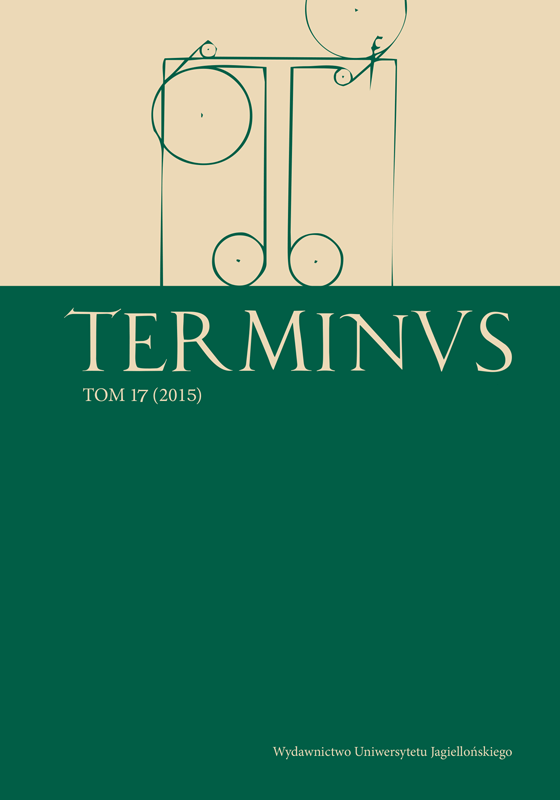Rytuały położnicze. Rousseau, ekokrytyka i starożytny mit „stanu natury”*
Maternal rituals: Rousseau, Ecocriticism and the Ancient Myth of “The State of Nature”
Author(s): Barbara Kaszowska-WandorSubject(s): Cultural history, French Literature, Cultural Anthropology / Ethnology, 18th Century, Theory of Literature
Published by: Wydawnictwo Uniwersytetu Jagiellońskiego
Keywords: community; ecocriticism; antropogenesis; maternal ritual; liminality; Jean-Jacques Rousseau; Victor Turner;
Summary/Abstract: This paper argues that many methodological approaches that currently dominate in the field of literary studies accept (more or less tacitly) the myth of anthropogenesis established in the works of Jean Jacques Rousseau. The myth is a specific elaboration of the myths on the origins of man as a social creature present in the humanistic tradition. Thus the narration of Rousseau distorts the way the older, especially humanist, literary works are now interpreted. It is also connected with the limited reception of such works within the new currents, which are declaratively non-anthropocentric and anti-essentialist. Not only the humanistic writings, but also their ancient sources, are commonly inscribed with the supposition about the separated status of man and the existence of the strict division between the human and the non-human. The aim of the aforementioned new studies is to challenge such division. The role of the thought of Rousseau in the modern reception of ancient texts has been acknowledged in the works of Denise Leduc-Fayette and Ralph A. Leigh. However, even the very first interpreters of Rousseau’s ideas pointed to his powerful employment of the plots taken from the ancient authors, especially the stoics. In contrast to the existing research literature, the aim of the paper is not to be an exhaustive comparative analysis of the ideas of Seneca and Rousseau. Such analyses have been largely presented within the existing literature, i.e. in the works of Georges Pire, Raymond Trousson, Lucien Nouis, Mikołaj Olszewski. Instead, the author attempts to identify the specific elements of the ancient antropogenetic myth, which were ignored by the 18th century philosopher in his devastating criticism of humanistic literary culture.
Journal: TERMINUS
- Issue Year: 17/2015
- Issue No: 4 (37)
- Page Range: 487-530
- Page Count: 44
- Language: Polish

